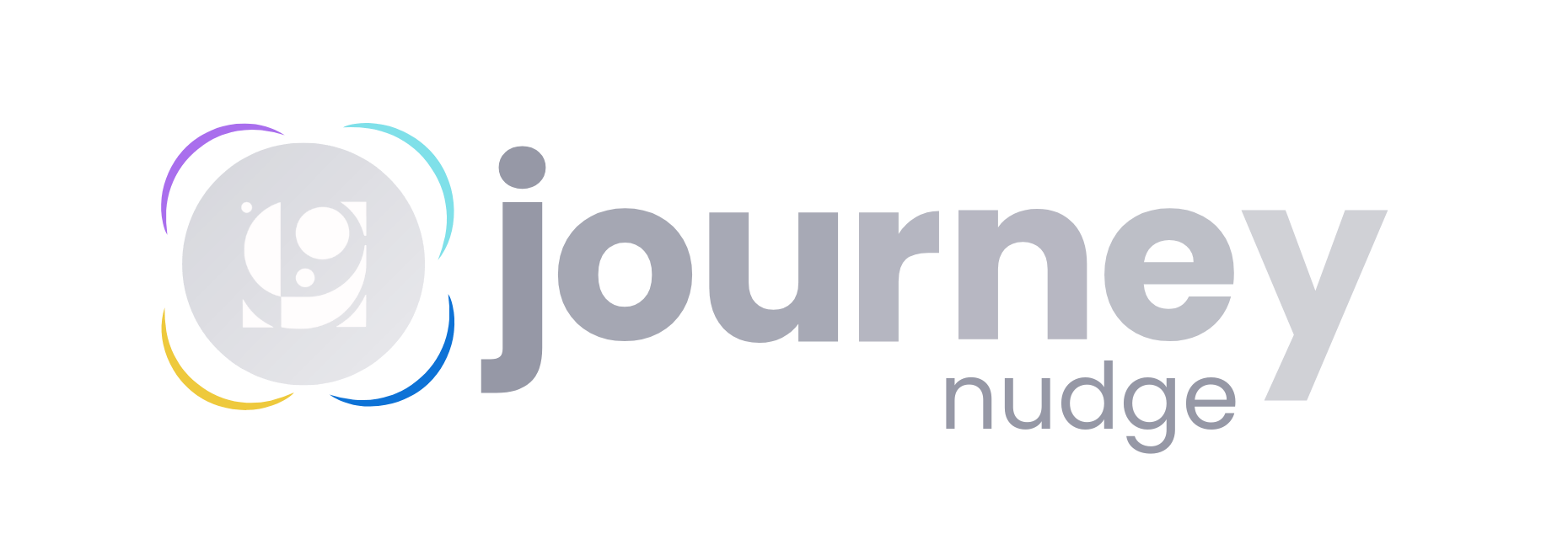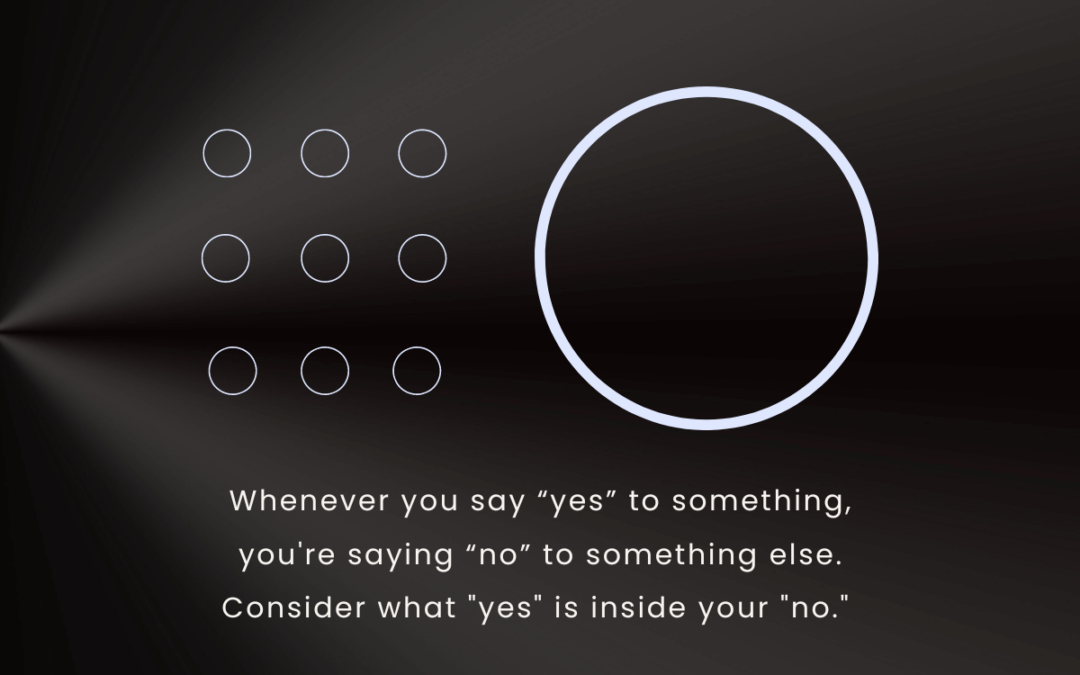Read time: 2 minutes
The most powerful productivity tool ever invented is simply the word no.
The Focus to Say No
The Difference between Average and Exceptional Results
When it comes to achieving exceptional results, the secret lies not only in what you pursue but also in what you consciously avoid. It’s a breeze to say no to lackluster opportunities, but the real challenge lies in turning down enticing ones.
We all have the same 24 hours in a day; the true differentiator lies in how we allocate and employ that precious time.
Let’s face it: You might feel invincible and believe you can conquer anything. However, the reality is that you simply can’t do everything.
Saying yes to something inevitably creates an obligation. It commits you to a certain path, and what you say yes to tends to expand its grip on your life.
The act of saying yes should ideally make your future easier rather than more arduous.
In the moment, saying yes to a request can induce a sense of gratification. Unfortunately, we often find ourselves agreeing to things that fail to propel us forward. We say yes to preserve others’ feelings, to maintain politeness, out of a sense of obligation, or simply because we think we should.
Confusing Movement with Results
The confusion between being busy and achieving actual progress can lead us astray. When dealing with anything outside of personal relationships, saying yes should ultimately translate into tangible results.
It’s essential to recognize that saying yes comes at a cost—one that we often end up paying for in the days, weeks, or even years to come.
What initially appears as a single meeting can rapidly morph into a recurring commitment. A seemingly small project can quickly balloon into something much larger. And an occasional gathering with colleagues can effortlessly transform into an ongoing, obligatory affair.
Distinguishing between average and exceptional outcomes hinges on what you actively avoid.
The Hidden Cost of Yes
Develop a swift reflex to decline and a thoughtful approach to accepting. Saying yes depletes your time and energy reservoir, whereas saying no replenishes it.
Never feel compelled to give an immediate yes. Allow yourself some breathing room and establish a personal rule. Communicate it clearly to others. Take a page from Daniel Kahneman’s playbook. Daniel Kahneman is a world renowned psychologist, known for his groundbreaking work in behavioral economics and cognitive psychology.
He never commits to a yes during phone conversations, instead stating,
“My rule is I never say yes on the phone. I’ll email you later after I’ve pondered it further.” And when asked how often he ends up saying yes in the end, his response is a resounding “rarely.”
Resist the urge to say yes merely out of a sense of duty. If you do choose to say yes, ensure you have a compelling reason—one that resonates with you personally.
To gauge how frequently you succumb to the wrong motivations, complete the following sentence each time you find yourself saying yes:
“I am choosing to say yes because…”
By honestly answering this question several times, you’ll soon discover just how often you say yes for the wrong reasons.
Elevate the bar for saying yes and continuously raise it. At the outset, you may opt to say yes to everything to gather valuable experience. However, as you progress, it becomes imperative to be more discerning. Unfortunately, many individuals end up saying yes to mediocrity.
Anyone can dismiss subpar opportunities. But only a master can decline tempting ones. Failing to say no to good opportunities leaves little room for pursuing great ones.
The Power of Saying No
Saying no is undeniably challenging. Few understood this better than the late Steve Jobs, who astutely remarked:
“People think focus means saying yes to the thing you’ve got to focus on. But that’s not what it means at all. It means saying no to the hundred other good ideas that are out there. You must choose judiciously. I’m actually as proud of the things we haven’t done as the things I have done. Innovation is saying ‘no’ to 1,000 things.”
Saying no is akin to saving your financial resources in the bank, while saying yes equates to spending them. Unfortunately, many of us find ourselves in a state of perpetual overdraft. Before uttering that affirmative response, take a moment to ask yourself if it’s genuinely necessary.
Remember, the power of saying no lies not only in what it frees you from but also in what it enables you to embrace.

